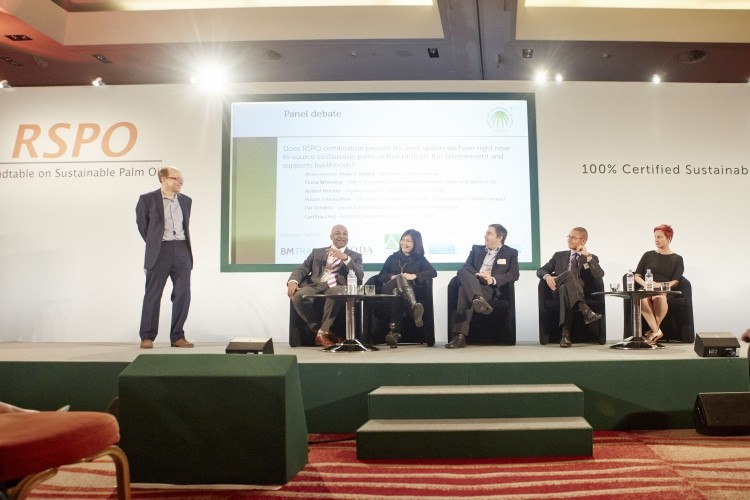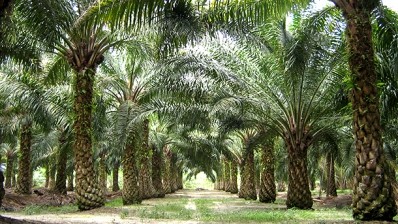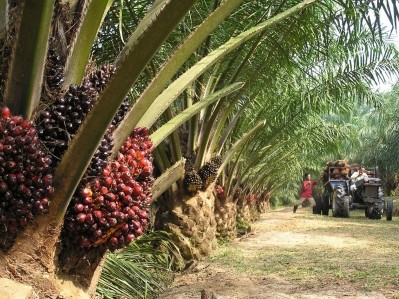European RSPO 2014
Sustainable palm oil pressures worrying to emerging economies

“Green consumers have a tendency to focus on a single issue and don’t always understand that there’s an economy behind palm oil,” Wheatley told FoodManufacture.co.uk.
Most consumers didn’t know what palm oil was, despite retailers including M&S labelling it for years, she said at the European Roundtable on Sustainable Palm Oil (RSPO) in London earlier this week.
Impact on economies
But some knew what it was and would try to avoid buying products containing unsustainable palm oil and boycott those selling it or campaign to have its use stopped altogether, without understanding the complexities of its production and economic impact.
“[While food businesses] tended to focus on their own supply chains and how they can further their use of responsible palm oil, they need to be looking at the bigger picture to try to scale up that intention,” she added.
Whole economies relied on palm oil production to sustain their incomes, Indonesia’s vice minister of trade Dr Bayu Krisnamurthi told delegates at the RSPO.
Some producer countries were worried that pressure from the western world to implement 100% sustainable palm oil supply chains as soon as 2015 was misguided and threatening, he added.
‘Can’t just stop trading’
“It’s not something that will happen overnight and at the same time, you can’t just stand still and stop trading palm oil while we wait to be trade certified [as sustainable],” said Krisnamurthi.
“We need to trade to make it a viable business while building [more sustainability] and that’s the biggest challenge we face today.”
There was a blame culture in the western world that palm oil production was destroying rainforests, the planet and causing health issues, he said.
“But blaming palm oil for international health concerns and other issues is bad,” he added.
“Looking at the land use and blaming palm oil for the land use change is also bad, you did it in Europe 100- and 200-years ago and we have just come late. We are using our natural resources to produce something natural and profitable.”
85% of the world’s palm oil
Malaysia was also facing heavy pressure from the west to change the way it produced palm oil, delegates at the event heard.
But as Cynthia Ong, founder, executive director and ceo of Land Empowerment Animals and People, said, Malaysia and Indonesia produced 85% of the world’s palm oil.
“Trading palm oil is imperative to our nations and we’re just responding to an increasing global demand for palm oil,” said Ong.
More communities in Malaysia wanted to plant palm oil because they saw it as a viable income and a way to put food on their tables, she added.
That was a fact and it was going to happen, so the best option was to present those communities with a sustainable solution in the form of RSPO certification, said Ong.
“In Indonesia and Malaysia, palm oil is inextricable and we have to get used to that. There’s no way we can say no to palm oil. It’s our bread and butter; it puts food on the table and a roof over our heads.”











